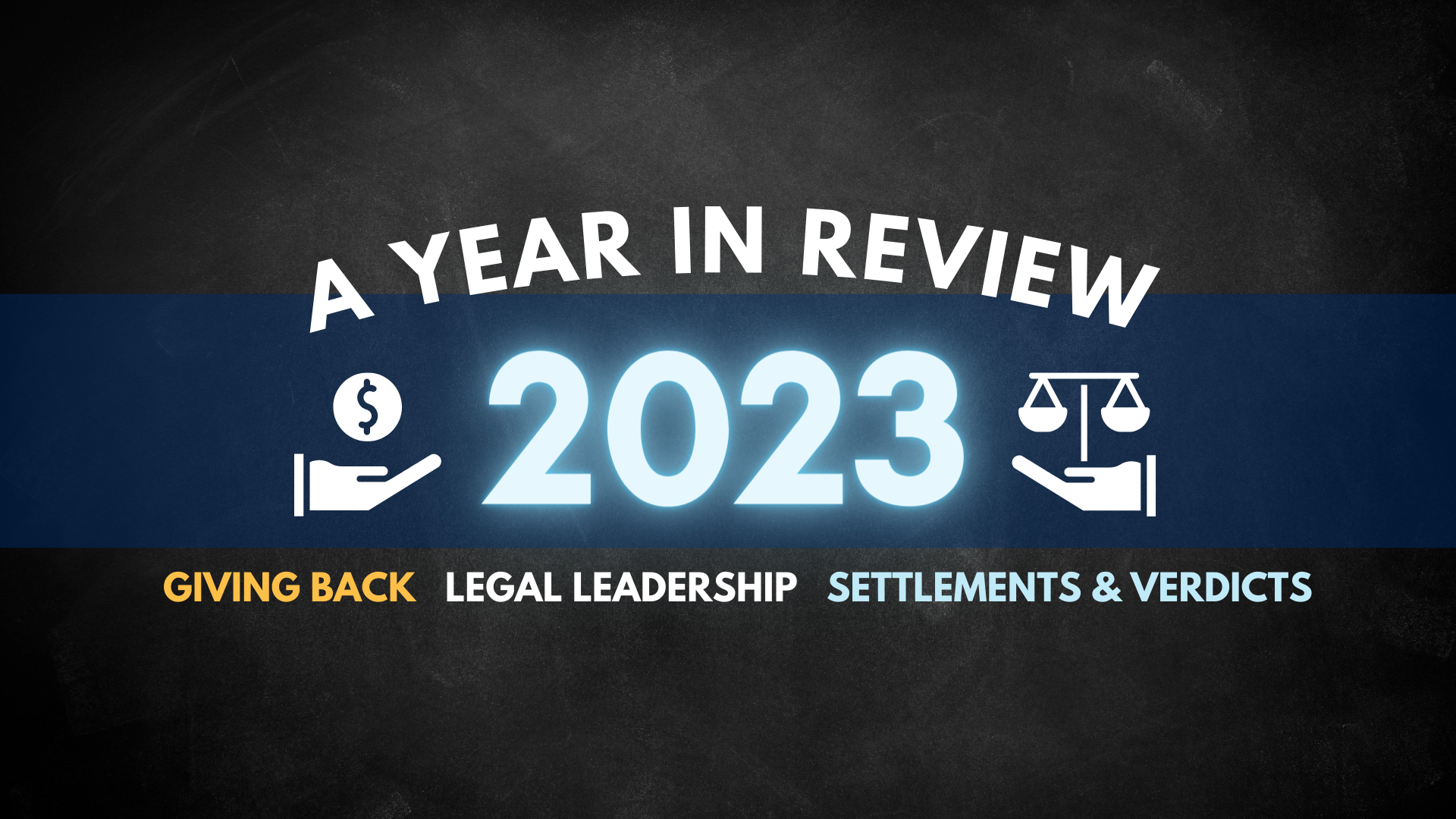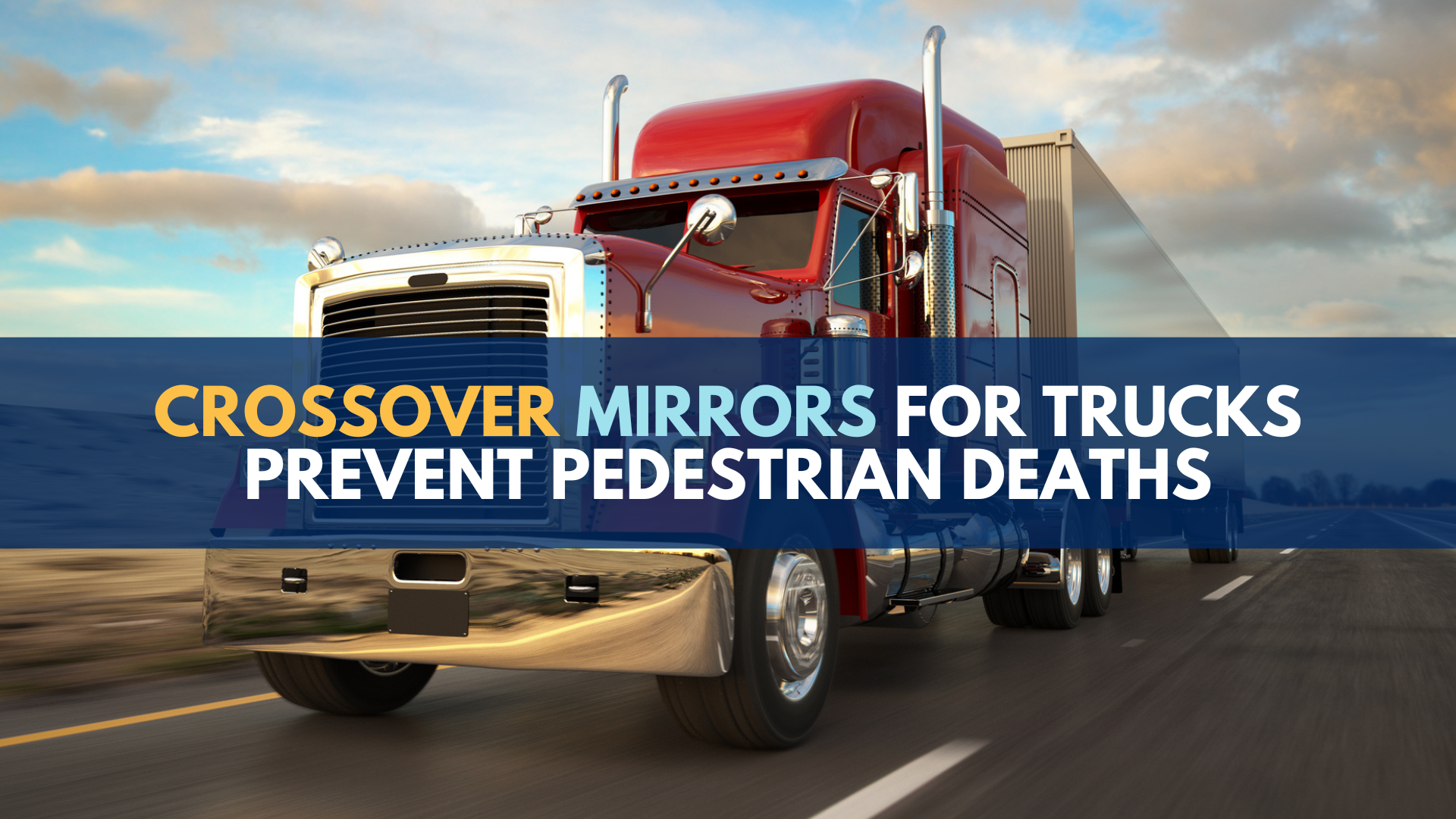Just how many truck drivers with dangerous medical conditions are causing wrecks?
Last week, I was interviewed as a truck accident attorney expert on the CBS Evening News with Scott Pelley. Scott, CBS and its producers wanted to dig deeper into the issue of how it’s possible that we have thousands of truckers with very serious, dangerous medical conditions who are driving big rig trucks on our roads today. These truck drivers, and the trucking companies that turn a blind eye to this, pose a terrible danger to all of us as a result.
As I told CBS in the investigative piece, as an attorney I see medically unfit drivers causing accidents all the time. I’ve learned to look very closely at driver personnel files and medical fitness to drive commercial trucks from many of the serious truck accident cases I’ve litigated for over the past two decades:
“For the trucking companies, they want to look the other way, even though they know these truckers really should not be behind the wheel because they’re too dangerous for everybody else on the road. But they need to put drivers behind the wheel so they can get paid.”
Sadly, this is just the tip of the iceberg.
How are truck drivers with dangerous medical conditions allowed to drive?
Current law states that truck drivers must see a Department of Transportation-certified medical examiner to get medical clearance before they’re allowed to get behind the wheel and drive a big semi-truck.
The problem is that the medical clearance system is still very flawed. It depends heavily on a commercial drivers’ willingness to “self-report” and accurately answer questions about his or her medical well-being. This is essentially self-reporting, and as any personal injury attorney and medical doctor knows, history is often 80% of a diagnosis.
These medical examiners are not going to investigate many disabling and extremely dangerous health conditions if the truck driver, whose livelihood often depends upon him continuing to drive a commercial truck, denies health problems. So unless it’s blatantly obvious on visual inspection to a medical examiner, the medical exam system that’s meant to protect all of us on the road today is very much broken. It depends on truckers to essentially turn themselves in.
We will continue to see truckers lie and omit information when answering medical examiner questionnaires. To make matters worse, these medical examiners may not always be qualified to perform examinations of commercial truck drivers. Chiropractors can be allowed to perform the exams. About chiropractors… as an attorney, I’m actually a big fan of chiropractors when it comes to treating mechanical soft tissue neck and back injuries and whiplash from car accidents. But I’m not a fan of chiropractors as medical examiners. Chiropractors cannot prescribe drugs and do not have a background or medical training in cardiovascular disease and many other medical illnesses that truckers might have. We need to remember that these are men and women who drive 80,000-pound tractor trailers.
And there’s still, to a large extent, the abuse that I and other experienced truck accident attorneys have been seeing for many years, even under the old medical examiner system. Many truckers know they may not be cleared to drive, so they will go to the doctors who they know will likely write them a clean bill of health – regardless of their actual medical condition. Word gets around in the industry who these particular doctors are.
Money is always at the root of the problem of unsafe trucks and dangerous truck drivers
Ultimately, it boils down to money. Today the trucking industry is suffering from an acute shortage of qualified truck drivers, as I’ve written about many times before. And this shortage causes truck companies to hire drivers that they otherwise wouldn’t hire, like those with a driver history of causing too many truck accidents or too many safety violations. Or a driver who the company knows or suspects should not be driving a semi-truck because of a suspected medical condition.
And this shortage threatens all of our safety on the roads today. As the trucker shortage continues, the number of medical exemptions (i.e. allowing truck drivers to operate with serious medical conditions that would otherwise clearly disable them from driving) is increasing.
These truck driver medical exemptions are for drivers with seizures, diabetes, and even vision and hearing loss.
2,390 medical exemptions for truck drivers with serious medical conditions is 2,390 medical exemptions too many
There were 2,390 medical exemptions given throughout the U.S. in 2013-14, according to the Federal Motor Carrier Safety Administration (FMSCA). That’s a staggering number of medically disqualified truck drivers who are driving very big and heavy trucks – who may have a seizure while driving, or who may pass out behind the wheel. That’s a staggering number of drivers who may not see a mother and child on a street corner walking into a city street, or hear the warning of a car horn from a car that’s trying to signal the driver to avert an impending collision.
The obvious solution to the truck driver shortage is to pay drivers more.
It is still the basic supply and demand of economics that we all learned in school. Higher pay will lead to more people who will want to drive trucks. More people applying means trucking companies will have more qualified candidates to put behind the wheel.
It’s an obvious answer to a trucking safety crisis (the numbers of truck accidents, trucking injuries and trucking fatalities has skyrocketed over the past couple of years from recession lows). So far, the trucking industry has done its best to avoid paying more dollars to drivers. Instead, the trucking industry would rather spend more of its money lobbying Congress to defang the FMCSA and roll-back regulations. As an attorney who practices almost exclusively in serious trucking accident cases, I see an industry that would rather hire drivers with dangerous driving safety records and who have disqualifying and dangerous medical conditions than pay more for drivers.
As you’ll read tomorrow when I continue writing about this topic of unsafe truckers, numbers that we cast about – such as the 2,390 truckers who were issued medical exemptions – are not just numbers. They have real human consequences. They also have tragic, heart-breaking consequences for the families that are destroyed when a driver with a disqualifying medical condition causes a crash that kills someone.



2 Replies to ““These truckers should not be behind the wheel,” attorney Steven Gursten tells CBS Evening News with Scott Pelley”